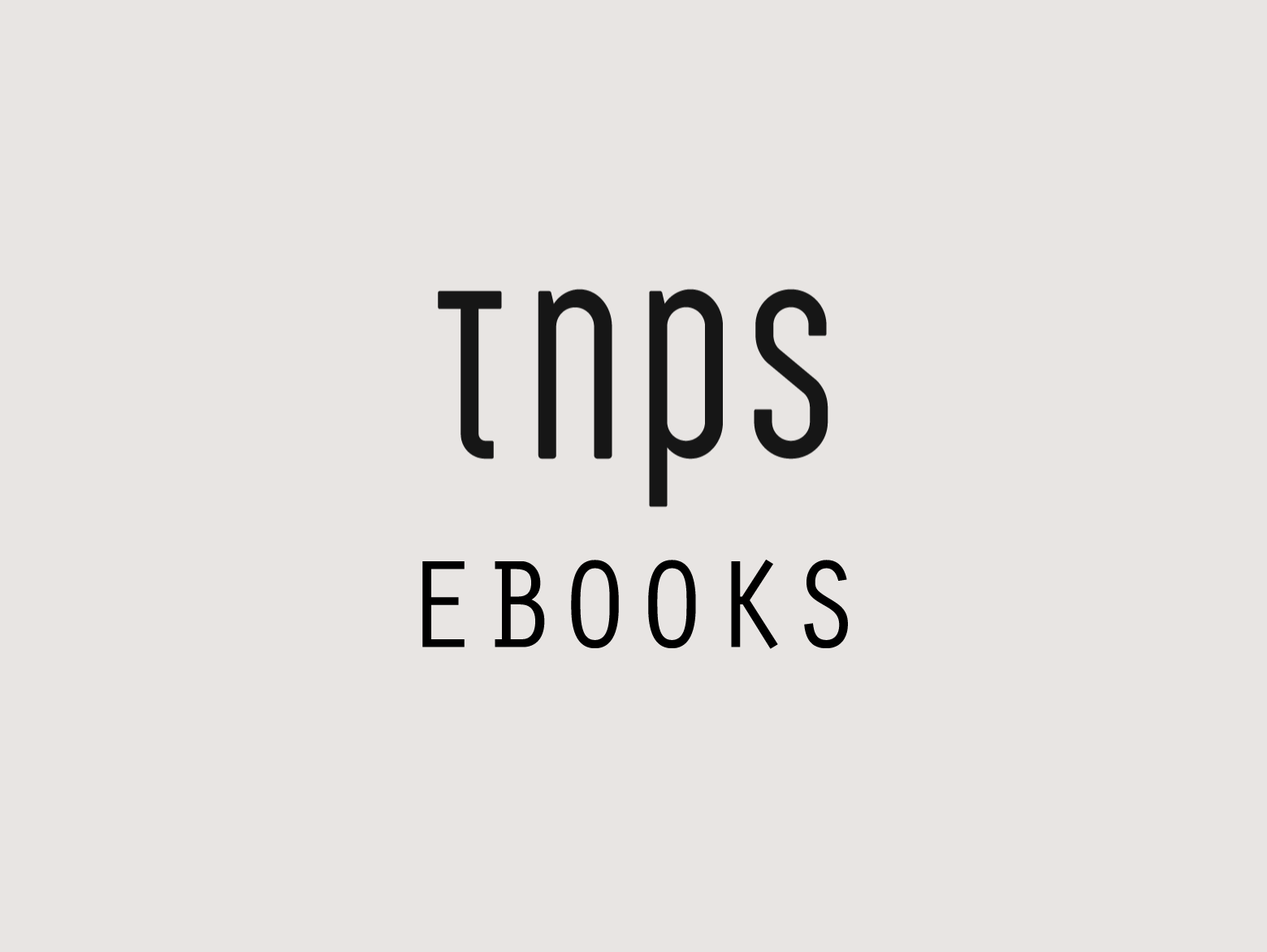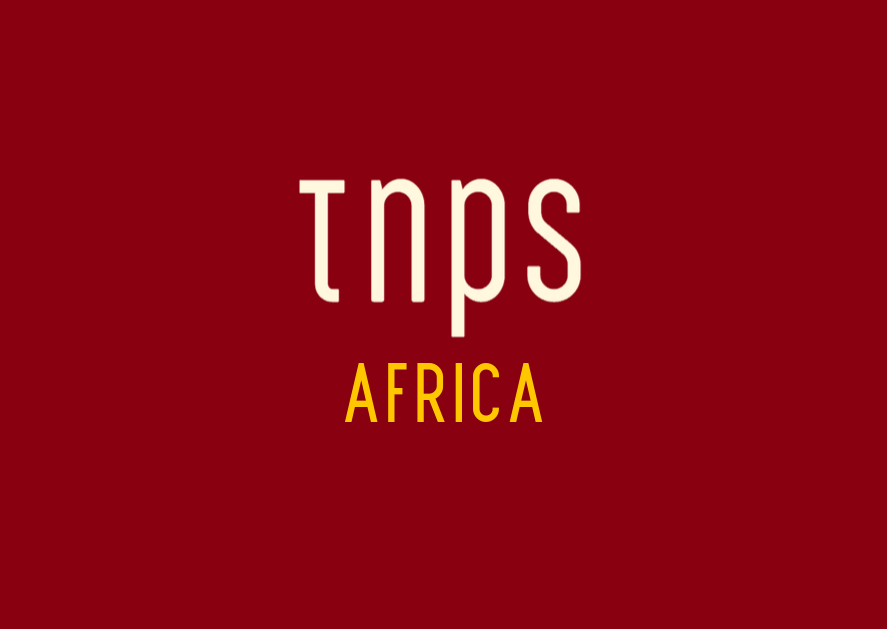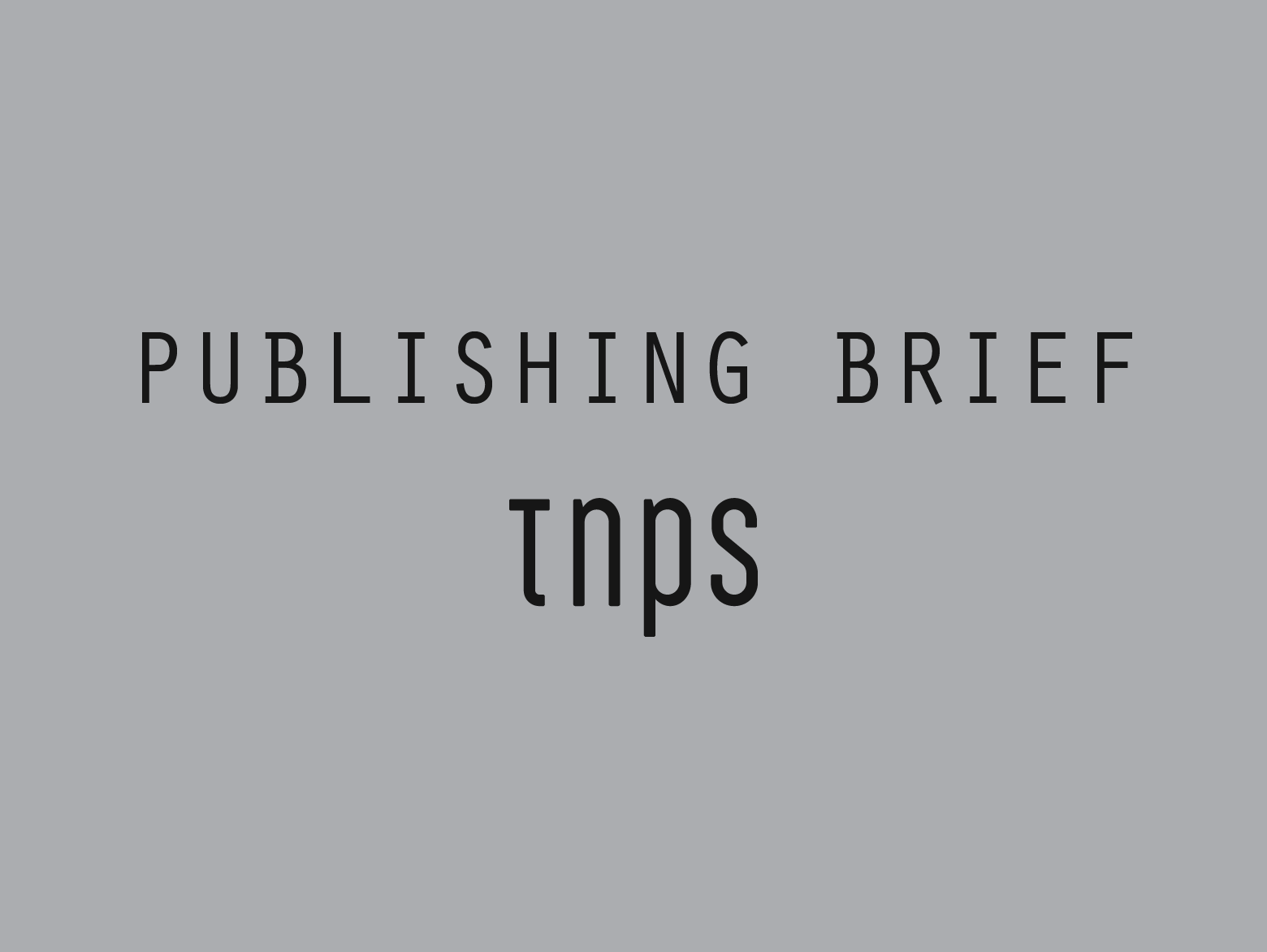For a few minutes yesterday it looked like Apple might have been planning an ebook comeback, after having pretty much lost all enthusiasm for the iBooks store following the law suits against Apple and several publishers, commencing 2012, that cost Apple $450 million in fines.
That sort of money, for Apple, was barely a slap on the wrist, and the big question was whether Apple had given up on the iBooks store or was just biding its time.
This week Bloomberg carried a story vague enough to give us hope, but offering little substance.
As Nate Hoffelder said over at The Digital Reader,
While the new changes are cool and all, the only thing they signal is that Apple has released a periodic update to iBooks.
Well, that’s fair enough, except that Apple has also brought in some fresh blood in the ebook and audiobook field – see below.
Then came a piece from Bradley Metrock as part of the build up to Digital Book World 2018 (in October).
Apple’s bookstore, much like many other parts of the company these days, has suffered from neglect. The store, as it is currently, evokes a vision of tumbleweed blowing through an empty desert: nobody’s home, nobody cares, and it’s quite clear there is no larger strategy present.
Metrock, not in fact a refugee from a Flintstones film but rather a producer of the iBooks Author Conference from 2015 through 2017, describes the new man at Apple Books,as Apple iBooks is now to be known, as
an accomplished publishing business mind, originating out of an engineering background.
That will be Kashif Zafaris, formerly of Amazon’s Audible, and before that at Barnes & Noble. Well, let’s not hold that against him.
Zafaris is the glimmer of hope in this story of Apple possibly taking books seriously again – why take him on at all if Apple is content to let iBooks remain a sideshow?
It may at first glance seem counter-intuitive to try make an ebook come-back having conceded so much ground to Amazon, but just maybe that can be an advantage.
With Nook in a seemingly unstoppable downward spiral and Google Play and Kobo small beer players in the US market, and leaving aside digital libraries, Apple is the only real balance US publishers have against Amazon in the digital retail sector.
American publishers would have every good reason to want to work with Apple to regain lost ground (even accepting lower ebooks sales are a deliberate strategic move), and as I’ll explore below, there is one angle where publishers and Apple could really work together.
Metrock notes Apple’s strength is in its iBook Author software, allowing the lucky few to produce superb ebooks – only to see them locked into the Apple ecosystem and lost forever in the unsearchable iBooks store.
Work the two together and Apple would have something of value.
Metrock points to Apple Podcasts, where apparently 60%-70% of podcast listeners consume audio content, and makes some valuable suggestions on how Apple might marry Podcasts and Books.
Historically, says Metrock,
the search function within the iBooks Store has been flat-out broken.
No, don’t beat about the bush, Bradley, say what you mean.
Noting that the Apple Books Store “needs to be author and publisher-friendly,” (which some might argue it already is, paying as it does 70% royalties across the board, unlike Amazon and the others), one suggestion Metrock proposes that I rather like is the idea of control over author-specific landing pages.
As Metrock notes,
There is plenty of opportunity for Apple to compete here. Every single product page on Amazon.com looks precisely the same way, in exactly the same format. Amazon’s practical blandness can be bested by a highly-functional, colorful and vibrant, individualistic approach that holds serve in key areas while innovating beyond what Amazon offers in others.
Metrock ends his six-suggestion selection with the proposal Apple might find a print partner, to offer print versions of its Apple Books digital products.
While I concur with Metrock’s view that, far from making a comeback, print never went away, I really can’t see how Apple getting into POD will help any. Far better to simply make iAuthor users aware of an established player like Ingram.
But in fifth place is Metrock’s list is the suggestion I like most –
Apple’s walled-garden approach is not compatible with the interests of readers, who want to be able to read their purchased books on whatever device they choose.
Apple Books should take the approach of assuming Apple devices will remain market leaders and popular, and bring that confidence to serving their customers. Trying to force Apple Books users to use Apple devices, exclusively, to read books is a great way to reduce the number of Apple Books users.
It’s a bold suggestion, but so very true.
That would be a real game-changer for Apple.
And as the internationalist on the publishing circuit it would be remiss of me not to throw in a number seven to Metrock’s six:
An expansion of the iBooks/Books store to those parts of the world currently locked out. It’s a tragedy that Apple devices are so popular in the Middle East and South East Asia, for example, but no-one there can buy Apple ebooks.
Apple at one time led the race to global ebook reach, but stalled at 51 stores – way ahead of Amazon, but now way behind Google Play’s 75.
But let me end here with the missing key ingredient from Metrock’s list that could be the biggest game-changer, and that will come as no surprise if you remember as far back as the headline.
An Apple ebooks subscription service.
Or more accurately, an Apple ebooks subscription service in which much of the content is supplied by “traditional publishers,” including some or all of the Big 5, and where indie authors could submit titles with no exclusivity conditions.
An ebook subscription service with big name authors for readers, and better remuneration than Amazon offers for indie authors.
Combine that with an Apple Books Store that was available on any device, as Metrock suggests, and throw in the new Wal-Mart Rakuten Kobo partnership and the ever-growing-in-popularity digital libraries (led by Rakuten’s OverDrive) and 2018 could be the year the pendulum finally swings away from total ebook dominance by Amazon.
Throw in a revival of Barnes & Noble’s and Nook’s prospects and that would be really something to get excited about.
But miracles rarely happen at all, and never in threes. Fingers crossed at least some of the above may come to fruition.





